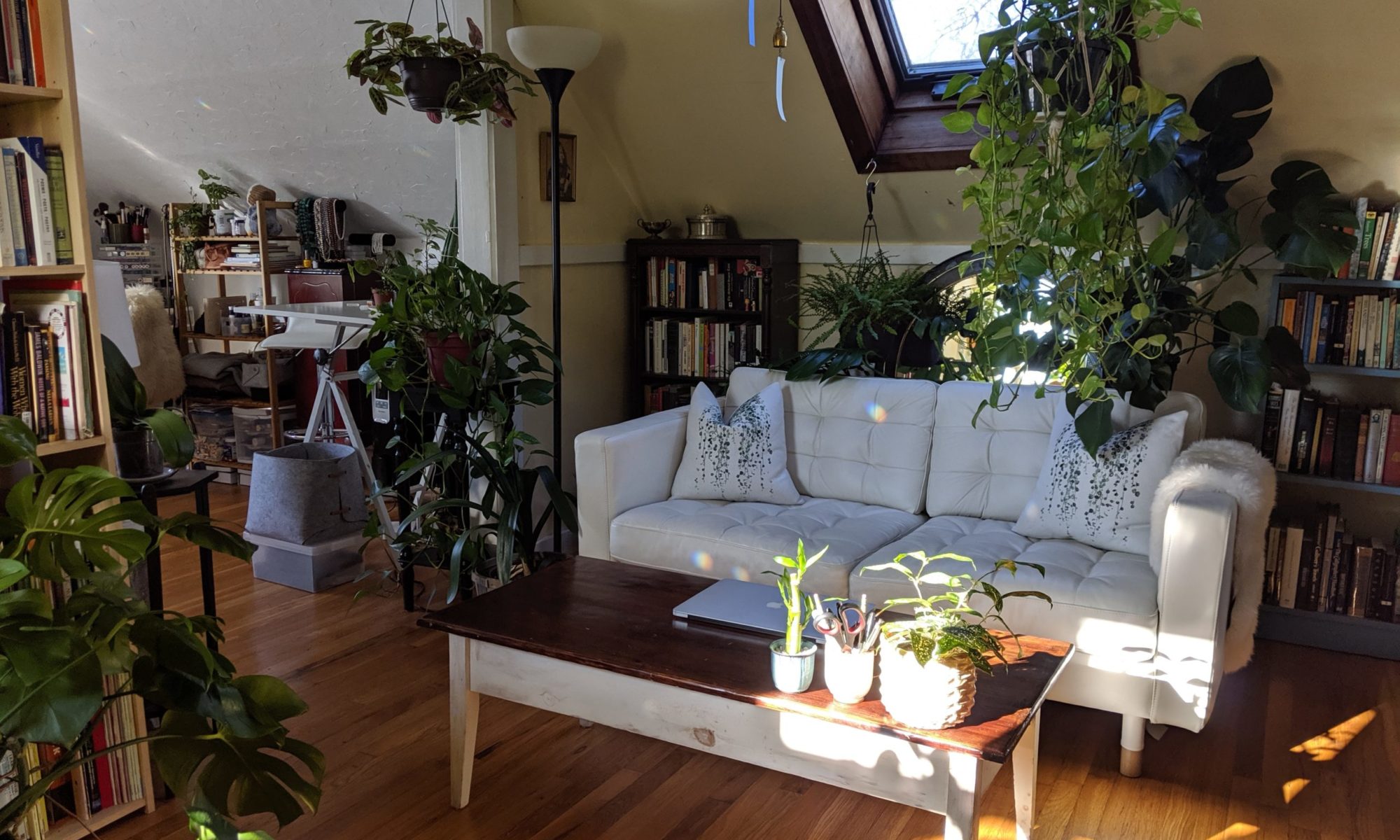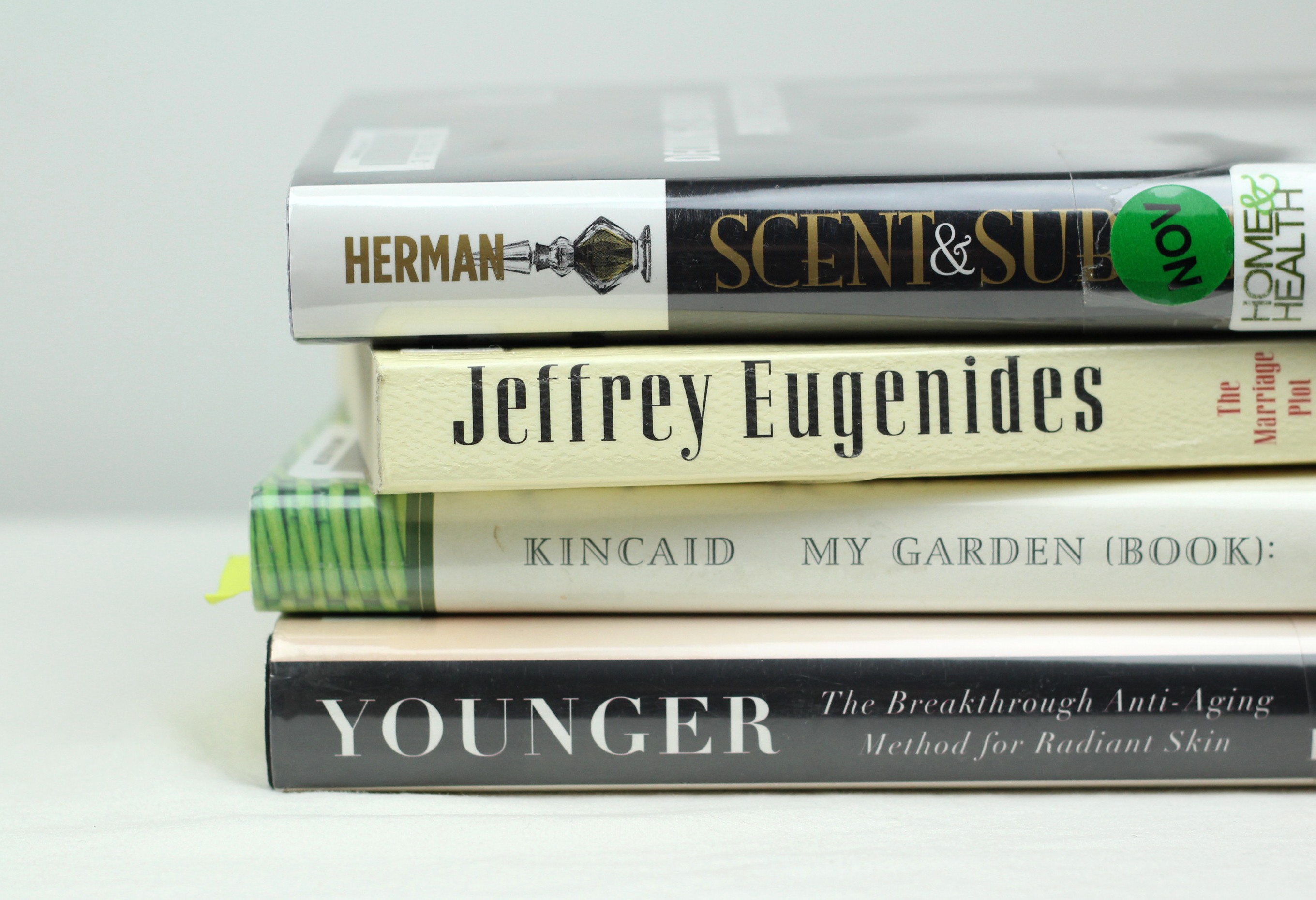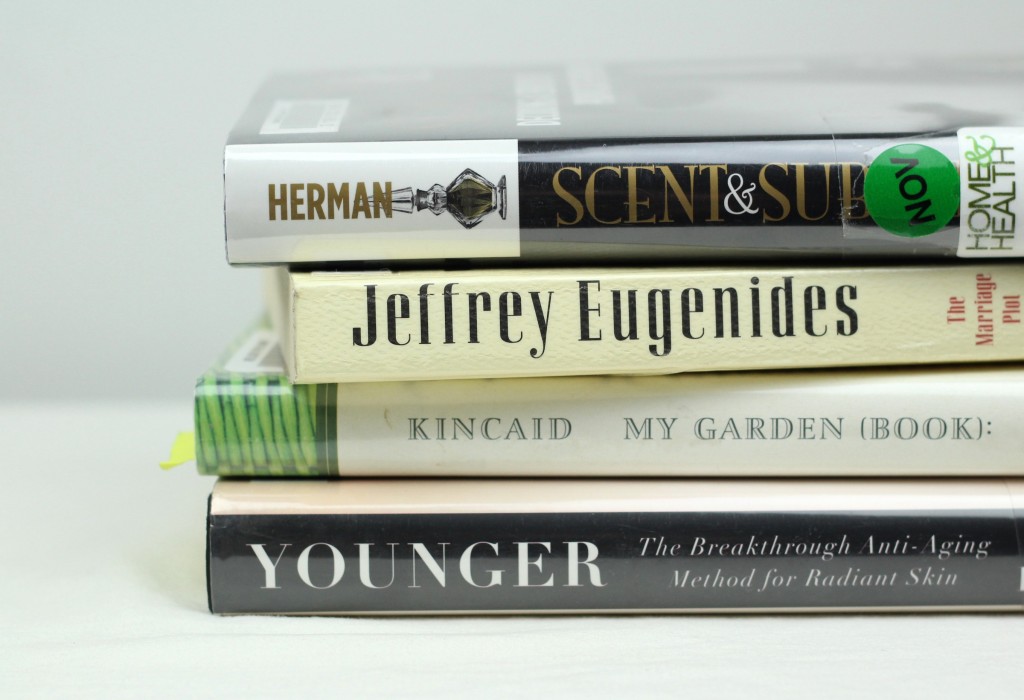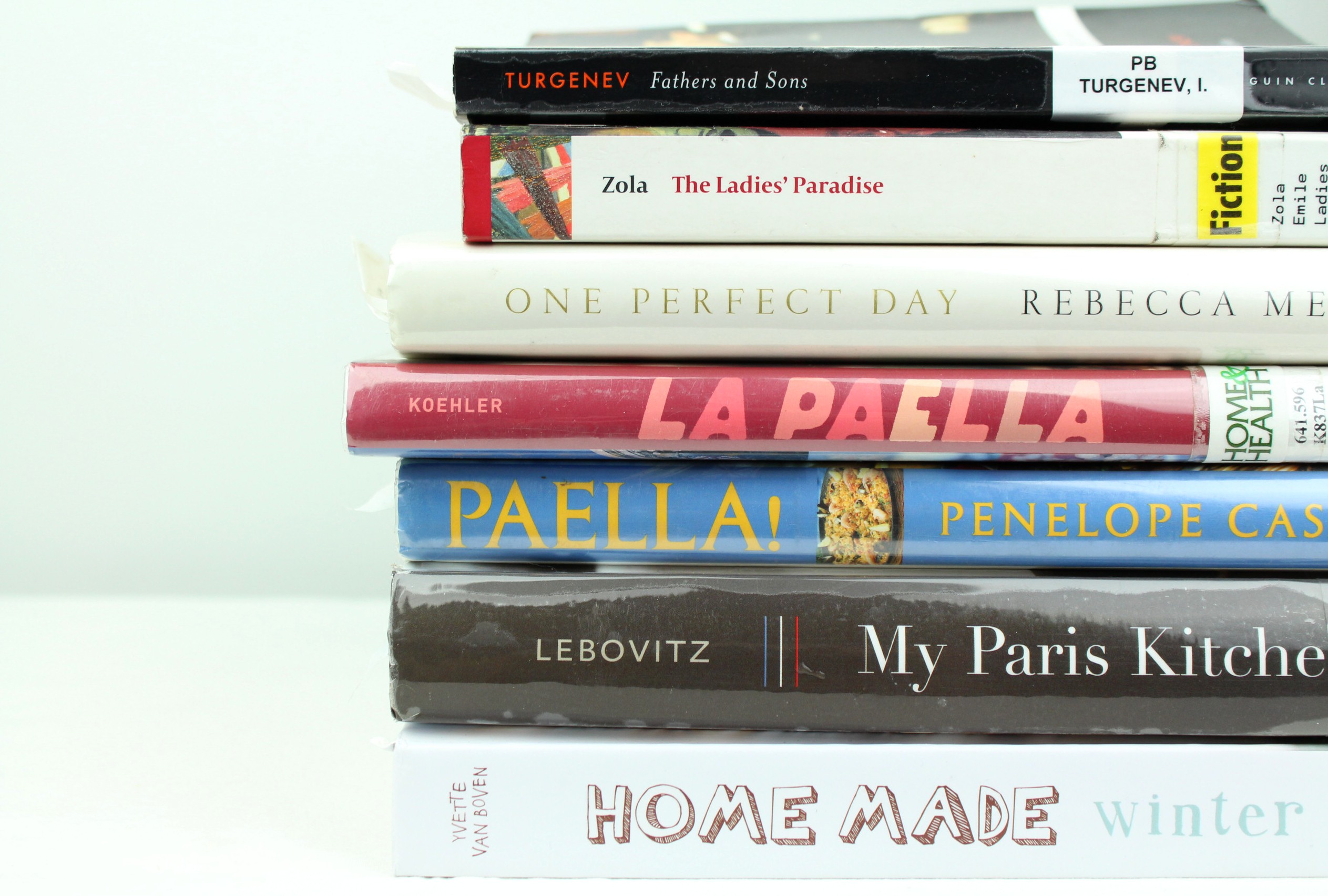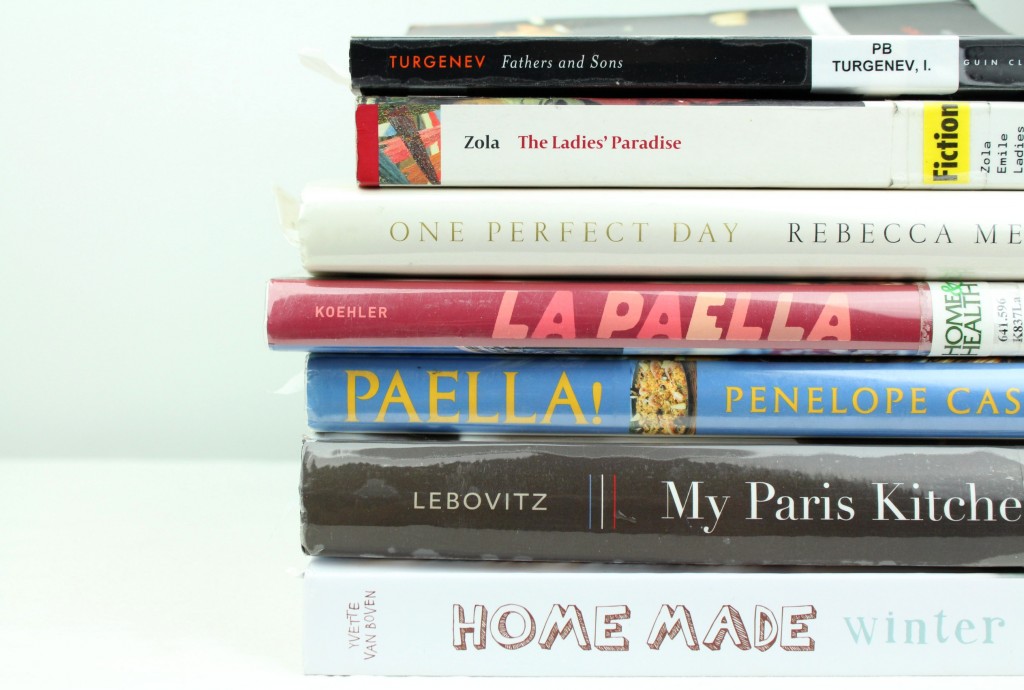Scent and Subversion, Barbara Herman — A quick intro to vintage perfume and then a series of reviews of classics broken down by decade. Not unlike Perfumes: The A-Z Guide in format but focused on vintage scents and with more historic framework in place. Written by a perfume enthusiast for perfume enthusiasts. As with the guide, a good text to get you thinking about what makes good perfume writing, and how to think about (and how to think about describing) perfume.
The Marriage Plot, Jeffrey Eugenides — I’ve been listening to podcasts of KCRW’s show Bookworm a lot lately, and getting a number of recommendations from those conversations (the host Michael Silverblatt interviews authors about their recently released books), this being one of many. I didn’t love it, but I give it to him that it is painstakingly life-like in its bizarrenesses. I was drawn in by the concept that the marriage plot (where the whole novel turns on whether or not or who or when someone will marry, see Jane Austen for example) , wildly common in the early days of the novel, is more or less dead as a driving force now, and yet Eugenides wanted to try his hand at one. Sounds to me like a good exercise.
My Garden (Book), Jamaica Kincaid — I heard an interview with Jamaica Kincaid (whose voice is gentle and inviting – Bookworm again) about this book and was curious to check it out. A series of essays held together by the common thread of gardening but touching on themes of post-colonialism and identity. Casual and charming, good for those who can appreciate the Latin names of plants, or who like to hear them roll around.
Younger: The Breakthrough Anti-Aging Method for Radiant Skin, Harold Lancer — This reads, somewhat unfortunately, like a well-researched infomercial. If you can skip through the repetition, though, the breakdown of how skin works (and how the method works) is solid. The basic idea is that you encourage your skin to repair itself, as modern skincare is still not as sophisticated as the systems of regeneration the skin already has in place. The issue is communicating to the skin that it should be in regeneration mode, and the method for doing this is daily exfoliation, before cleansing. This is almost the conclusion I’d come to independently, but I wasn’t exfoliating before cleansing, and the reasoning for doing so seems sound. My skin is responding well, too.
